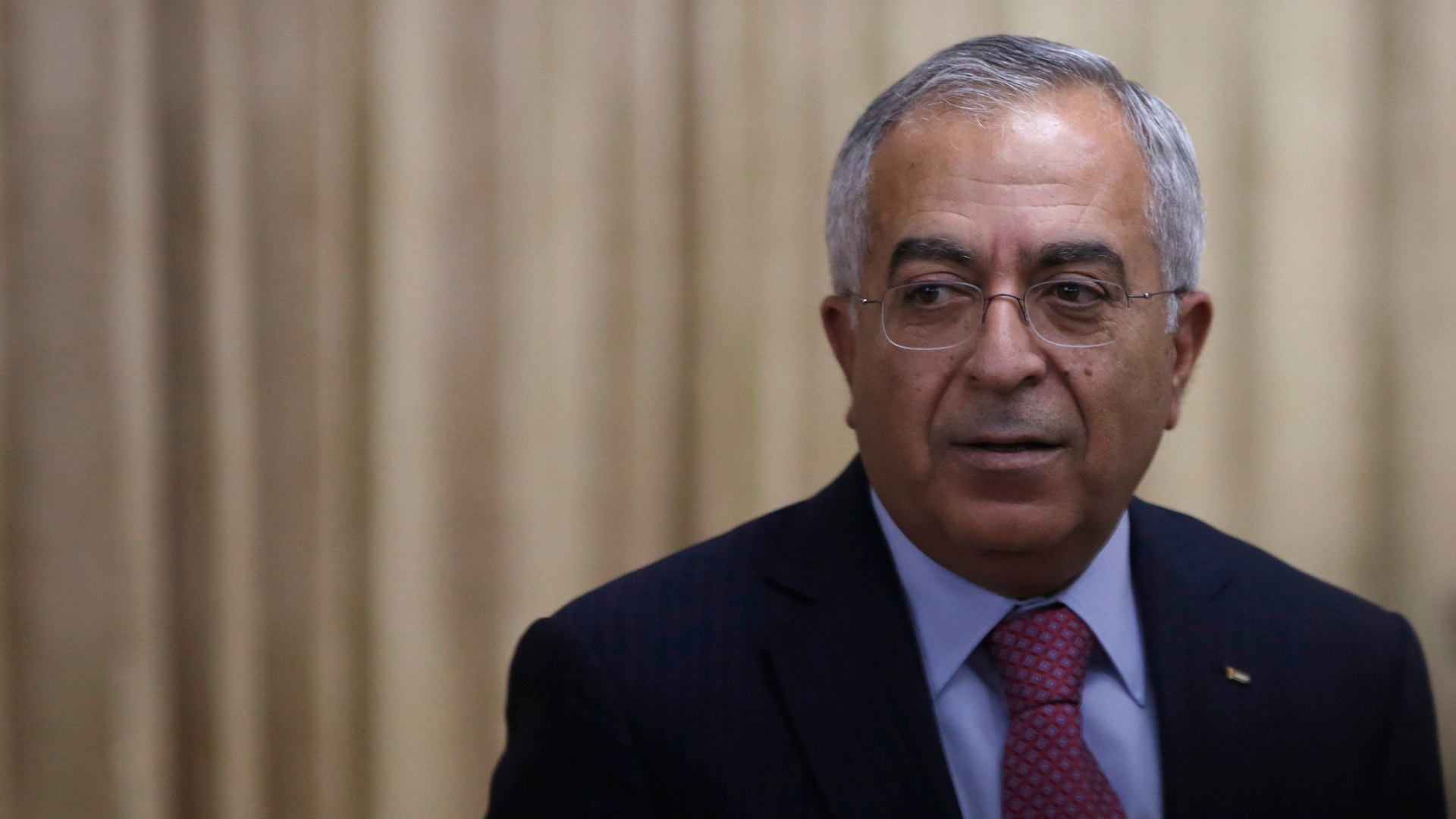Former Palestinian Authority PM Salam Fayyad says Palestinians should be tending to their own interests, not Israel’s.
“No national liberation movement in history is based on what its enemy wants,” says the former prime minister of the Palestinian Authority, Salam Fayyad.
For the Palestinian Authority to have any legitimacy in the eyes of the Palestinian people, the Palestine Liberation Organisation (PLO) would have to expand its membership to include Hamas and Islamic Jihad, Fayyad tells host Steve Clemons.
Without achieving a “national consensus”, the Palestinian Authority is in no position to rule the Gaza Strip when Israel’s war on Gaza ends, Fayyad says. Otherwise, the United States’ hopes for a “revitalised” Palestinian leadership are pointless.
Check out our Latest News and Follow us at Facebook
Original Source

